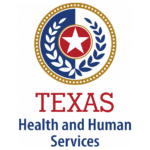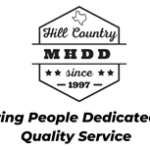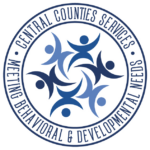MAT Recovery Support Peer Specialist

Homeward Bound
Homeward Bound is looking for a Medication Assisted Treatment (MAT) Recovery Support Peer Specialist with lived experience to assist individuals with opioid use disorders to maintain sobriety, access necessary support services, act as a guide and mentor, help individuals navigate treatment, connect with community resources, and develop long-term recovery plans.
Key Responsibilities:
Enrollment and Aftercare Coordination:
Identify and enroll individuals in the MAT program, assist with aftercare coordination (housing, recovery services, medical check-ups), and help individuals find long-term treatment programs.
Community Support and Engagement:
Provide information and referrals to community resources, support individuals in accessing these resources, and build relationships with community providers.
Monitoring and Follow-up:
Monitor individuals’ progress in the program, follow up with them to ensure their well-being, and address any challenges they may encounter.
Strong Communication and Interpersonal Skills:
Ability to build rapport with individuals, provide support and encouragement, and effectively communicate information.
Understanding of MAT:
Familiarity with the principles and practices of Medication Assisted Treatment.
Personalized Support:
Recovery support peer specialists work with individuals to understand their unique needs, strengths, and goals, and then tailor their support accordingly.
Recovery Plan Development:
They help individuals create a practical plan to achieve their recovery goals, including setting milestones and identifying necessary resources.
Resource Brokerage:
They connect individuals with relevant resources such as support groups, therapists, medical professionals, and community programs.
Advocacy:
They advocate for individuals’ needs and rights within the healthcare system and other settings.
Motivational Support:
They provide encouragement and support to help individuals stay motivated and on track with their recovery goals.
Relapse Prevention:
They help individuals identify triggers and develop strategies to prevent relapse.
Networking:
They help individuals connect with other people in recovery and build a supportive network.
Family Support:
They can provide guidance and support to family members on how to best support the individual’s recovery.
Life Skills:
They may assist individuals with daily self-care tasks, budgeting, and other life management skills.
Case Management:
They may help individuals navigate complex systems and access needed support, such as transportation, housing, and income support.
To apply for this job please visit www.indeed.com.




